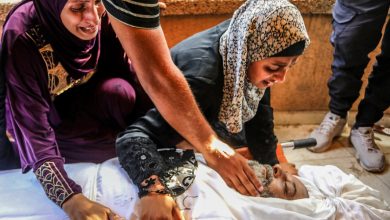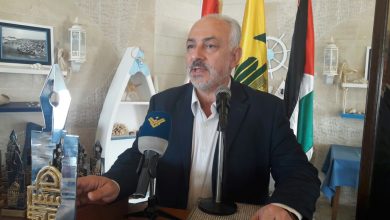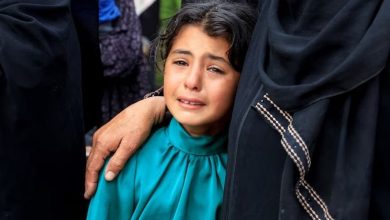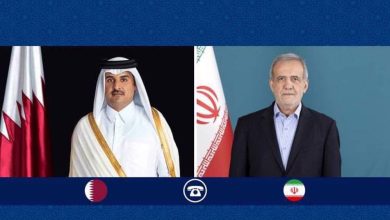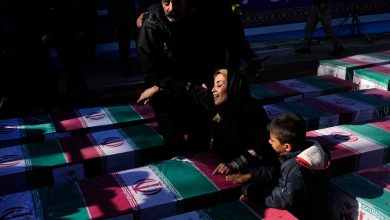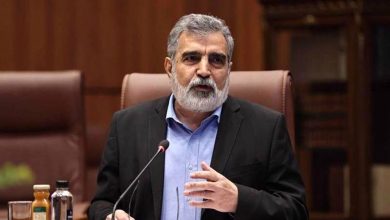Iran Asserts Nuclear Weapons Excluded from Defense Strategy
The Speaker of the Iranian Parliament reaffirmed the nation’s adherence to the Non-Proliferation Treaty (NPT), underlining that nuclear weapons are not included in Iran's defense strategy.
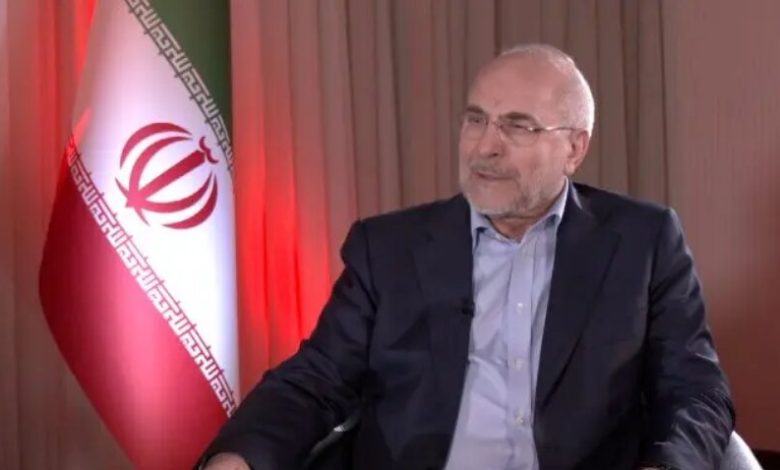
Mohammad Bagher Ghalibaf, the Speaker of Iran’s Islamic Consultative Assembly, has commenced an official diplomatic tour across Latin America, beginning with a visit to Venezuela.
Ghalibaf, heading a distinguished parliamentary delegation, received a warm welcome in Caracas from Venezuelan President Nicolas Maduro, the nation’s Minister of Foreign Affairs, and the President of the National Assembly.
The ceremonial visit, highlighted by the act of laying a wreath at Simon Bolivar’s mausoleum, emphasizes the enduring historical and ideological ties between the two countries.
The foundation of this unity lies in mutual anti-imperialist convictions and a dedication to South American integration, ideals upheld by both Bolivar and the late Venezuelan leader Hugo Chavez.
The current administration regards this alliance as vital for navigating the intricate geopolitical landscape and countering perceived external interference in the region’s matters.
Enhancing Alliances Amid Sanctions
In an exclusive interview with teleSUR, Speaker Ghalibaf emphasized the strong collaboration between Iran and Venezuela, underscoring the pivotal roles both nations play in the global energy sector and their mutual resistance against unilateral coercive measures enforced by the United States and European nations.
He highlighted that the alliance between Tehran and Caracas is founded on shared values, including independence, justice, and the quest for freedom.
He additionally highlighted that these mutual principles have empowered both countries to withstand external pressures and assert their sovereignty in the international arena.
Ghalibaf remarked that the connection between Iran and Venezuela is deeply rooted in the shared beliefs of their citizens, leaders, governments, and legislative bodies, highlighting numerous commonalities.
He highlighted the historical parallels between the Iranian Revolution and Venezuela’s Bolivarian Revolution, both emerging from efforts to combat arrogance and colonialism.
The rapport between our leaders is notably strong, with Commander Chavez having made a substantial contribution to its development.
Economic and political synergy represents the interconnectedness between a nation’s financial health and its governmental affairs, highlighting how economic policies can influence political stability and vice versa. This synergy often dictates the overall prosperity and governance effectiveness within a country.
Ghalibaf elaborated on the comprehensive scope of bilateral ties, emphasizing their extension across economic, political, cultural, environmental sectors, and tourism.
He underscored the significance of parliamentary collaboration in enhancing these relations, stressing the critical role of lawmakers in building mutual understanding and trust.
Additionally, Ghalibaf tackled regional concerns, underscoring the necessity for peaceful resolutions and diplomatic approaches to conflicts, and highlighting the collective interest in preserving stability and security in the area.
In a statement emphasizing the pivotal role of the private sector, he highlighted the growing collaboration between businesses from Iran and Venezuela.
He emphasized the pivotal role business leaders play in the economic battle, underscoring the obligation to support them.
Amid the imposition of stringent sanctions, the Iranian Speaker emphasized the significance of both nations as crucial members of OPEC and prominent producers in the global energy market.
In a recent statement, it was asserted that, despite facing U.S. sanctions, the strategies aimed at undermining Iran and its counterpart have not succeeded in breaking their resolve. It was emphasized that Iran is focusing on bolstering its private sector and seeking technological collaborations as part of its strategic response.
The intersection of the Right to Development and the utilization of nuclear energy presents a complex and nuanced discourse. Nations assert their entitlement to development, which includes the advancement and access to energy resources. Nuclear energy, with its potential for providing sustainable and substantial power, is seen as a pivotal component in achieving this developmental objective. However, it also brings forth considerations related to environmental impact, safety, and geopolitical tensions. Balancing these factors is essential as countries pursue growth while addressing global security and environmental concerns.
Ghalibaf articulated Iran’s stance on its nuclear energy goals, countering the criticisms from Western officials. He emphasized that despite being a leading oil exporter, there remains a necessity for the nation to advance its nuclear industry.
He advocated for Iran’s right to pursue nuclear enrichment within the frameworks of international regulations and oversight, highlighting the United States’ use of nuclear energy as a legitimate precedent.
He emphasized the critical need for transparency and collaboration with international monitoring agencies to guarantee that Iran’s nuclear program remains exclusively peaceful.
He reaffirmed Iran’s dedication to the Non-Proliferation Treaty (NPT) and stressed that nuclear weapons hold no position within Iran’s defense strategy.
He charged the West with hypocrisy, highlighting that numerous nations, even those critical of Iran, maintain nuclear arsenals while concurrently denying Iran access to peaceful nuclear technology.
An Iranian representative cautioned against efforts to disrupt Iran’s nuclear initiatives through sanctions or military intimidation, asserting that such measures would be counterproductive and likely to heighten regional tensions.
A call was made for the reestablishment of diplomacy and dialogue rooted in mutual respect and understanding.
A Strategic Outlook for Latin America
Ghalibaf emphasized the unique integration in Latin America, underscoring the region’s commitment to justice and its aspiration for independence.
He noted that the people of this region possess an extraordinary spirit, irrespective of political shifts. He emphasized that it is a significant honor for Latin America, attributing this to the contributions of great liberators such as Simón Bolívar.


